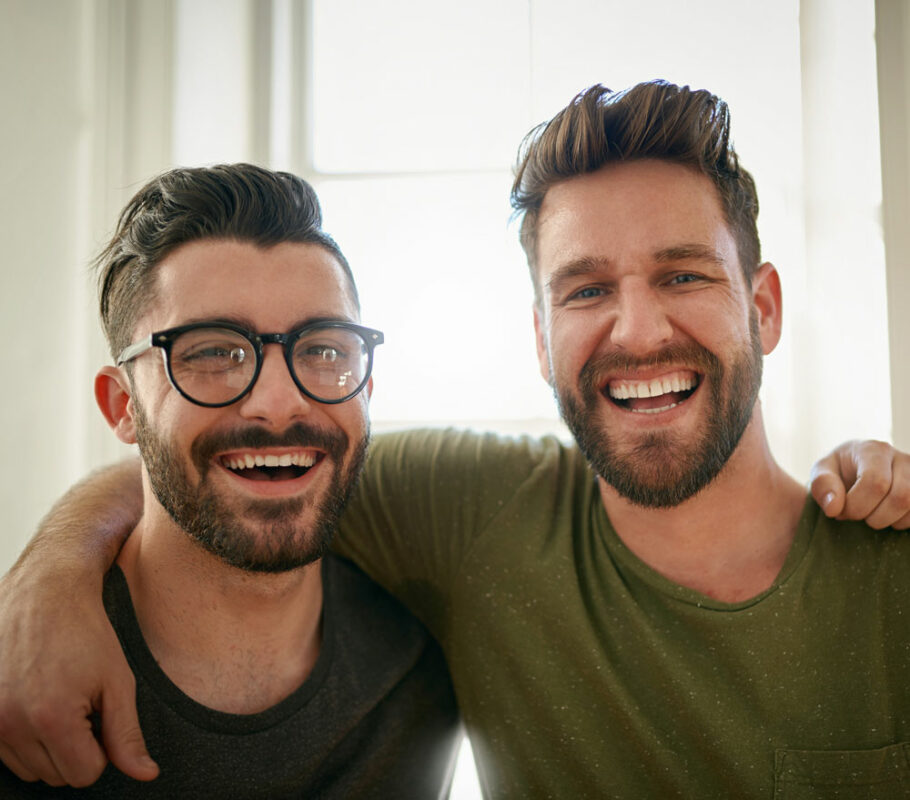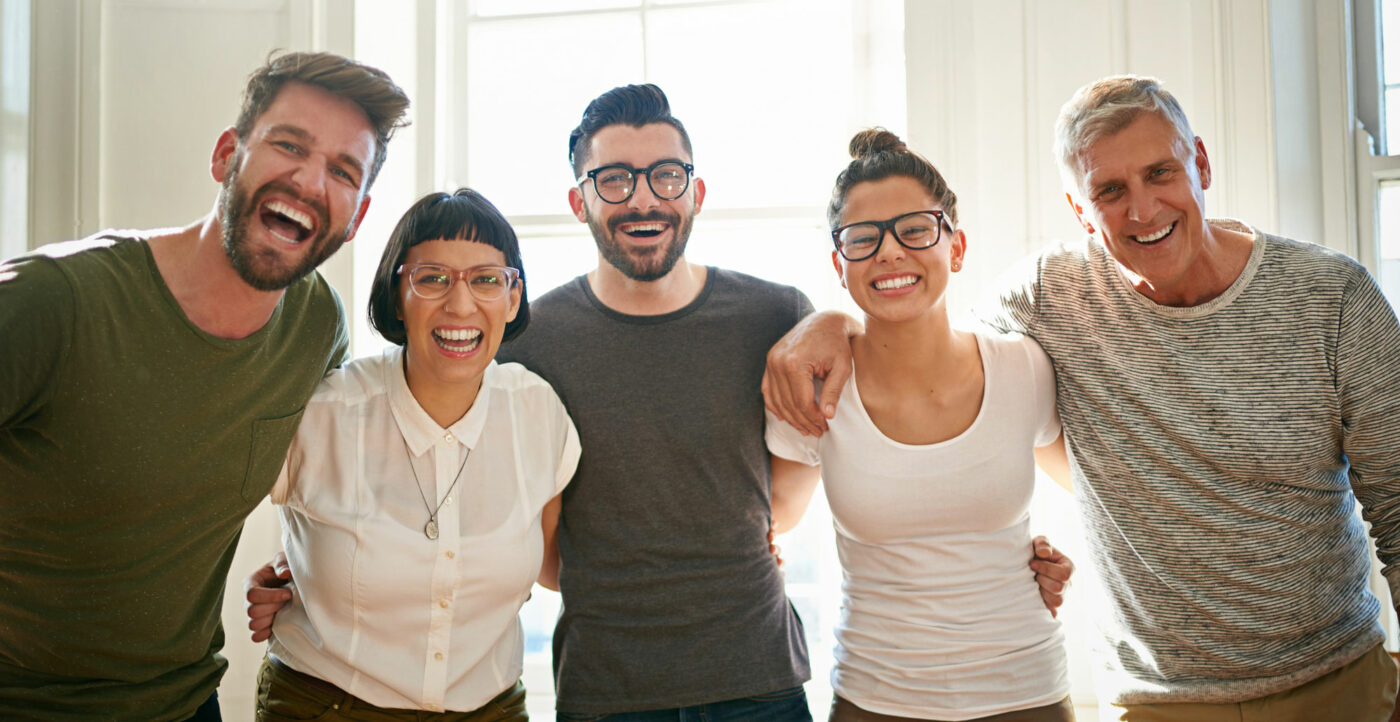By Christa Banister
It was Victor Hugo, one of the most important French writers and poets of the 1800s who penned Les Misérables and The Hunchback of Notre Dame, who said, “The greatest happiness of life is the conviction that we are loved — loved for ourselves, or rather, loved in spite of ourselves.”
While true love is often equated with the romantic varietal found in movies, songs, and a seemingly endless number of jewelry commercials that surface when that heart-shaped holiday approaches in mid-February, other types of love are just as important. In fact, anyone who has struggled with addiction knows that family love and support in a season filled with successes and struggles can feel far more real than candy hearts and flowers.
For one, love that’s not all meet-cutes, over-the-top romantic gestures, and long walks at sunset requires sacrifice and empathy. According to Dr. Carol Morgan, a contributor to HuffPost, saying you love and care about someone is one thing, but to put yourself in another person’s shoes and see the situation from a point of view that is not your own is another matter entirely. It’s a love where someone’s feelings always matter, and he or she feels affirmed, supported, and worthy; it’s especially crucial when a loved one is in the unpredictable throes of addiction.
Did you know that having friends is literally good for your health?
The love of dear friends — which some refer to as the “family you choose” — can never be underestimated either. Having even just one high-quality pal you can truly confide in contributes to an overall sense of well-being and has profound effects on feeling understood and valued.
The Healing Power of Friendship
Did you know that having friends is literally good for your health? Perhaps that’s why Monica, Rachel, Phoebe, Chandler, Joey, and Ross spent so much time together at Central Perk.
In research documented by Mayo Clinic, strong friendships have a myriad of discernable mind-body benefits you may have never considered, including:
- Stress relief
- A healthier body mass index (BMI)
- A lower risk for high blood pressure
- A reduced rate of depression
- An increase in your sense of belonging and overall happiness
- An improvement in self-confidence and self-worth
Not only is friendship good for your health, studies suggest older adults who have meaningful relationships live longer than those who don’t. Regular check-ins with your trusted group of friends are also helpful for processing traumas such as health challenges, job loss, divorce, or death of loved ones.
Not only is friendship good for your health, studies suggest older adults who have meaningful relationships live longer than those who don’t.
In the same way that it’s more fun to work out with a friend than by yourself, having a sense of genuine community encourages behaviors that enhance our quality of life, including exercise, exploring the world, volunteering, taking up new hobbies, and maintaining a proper balance of work and play.
And for those pursuing sobriety in particular, employing the buddy system —where the quality of friendships is always prioritized over quantity — can make a real difference in avoiding triggers and sticking with your positive new life choices.
Learning to Accept Love
You know how you’ve been told it’s better to give than to receive? For some people, accepting love from others, even something as simple as a compliment, is actually more difficult than showing love, particularly if you’ve been struggling with addiction.

Being vulnerable with family and friends who are closest to you may feel unsafe, unwelcome, or embarrassing. And because of what’s happened in the past, you may not even like yourself that much. So why would anyone else bother? But if these are your people, your chosen community, the ones who’ve loved you and stood by you for better and worse, it actually gives them better insight into what you need when you open up. It solidifies their importance in your life and helps build trust, which gives them the green light to be there when you need them most.
While accepting love from others may not come naturally at first, particularly if someone has been burned by others in the past, it’s an integral part of recovery that’s worth the risk. Especially when it’s your family.
No doubt, every family has a specific dynamic. But because of that unique bond and shared history, family support in addiction recovery can play a significant role in helping loved ones through mental or substance use disorders according to the Substance Abuse and Mental Health Services Administration (SAMHSA).
Research suggests that family may be more attuned to when their loved ones are experiencing changes in mood or behavior. This perceptive insight and support is a game changer for a successful recovery journey, which is why staying in touch may just save your life.
And because offering help during such an unpredictable season is no small gesture, it’s also important for family members to prioritize their own health in the process.
Why Healthy Relationships Matter
If you or someone you love is struggling with addiction, it’s not something meant to be addressed alone. While learning new healthy habits and behaviors yourself, it’s also important to nurture your relationships with family and other loved ones.
At The Meadows Texas, there is trusted help and healing for substance abuse and mental health conditions. To learn more about what sets our treatment apart and how it can help you or your loved one, reach out via phone, chat, or our online form today.

